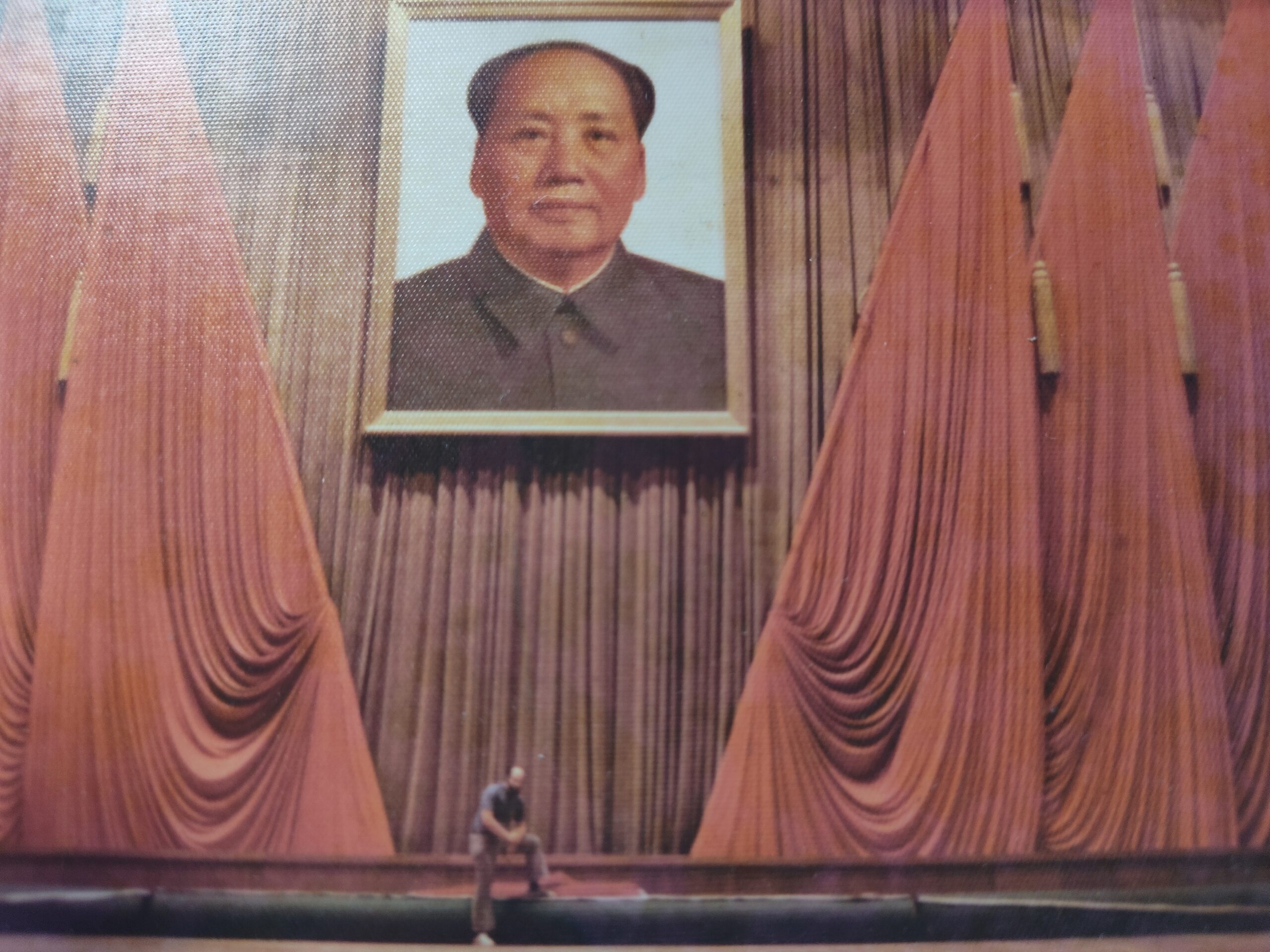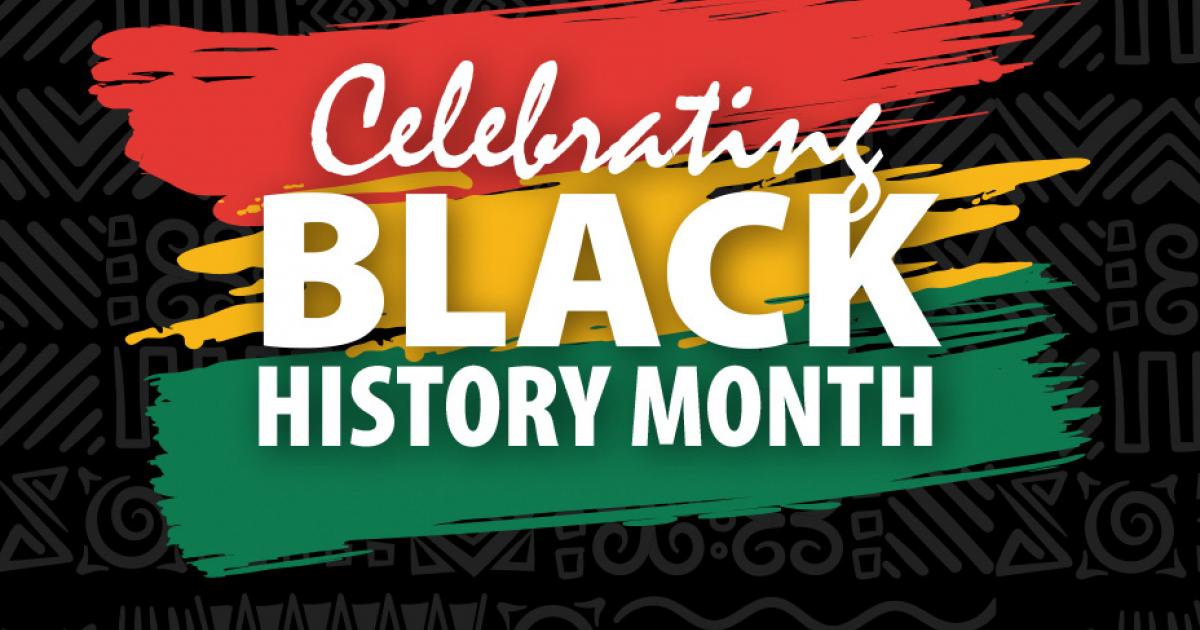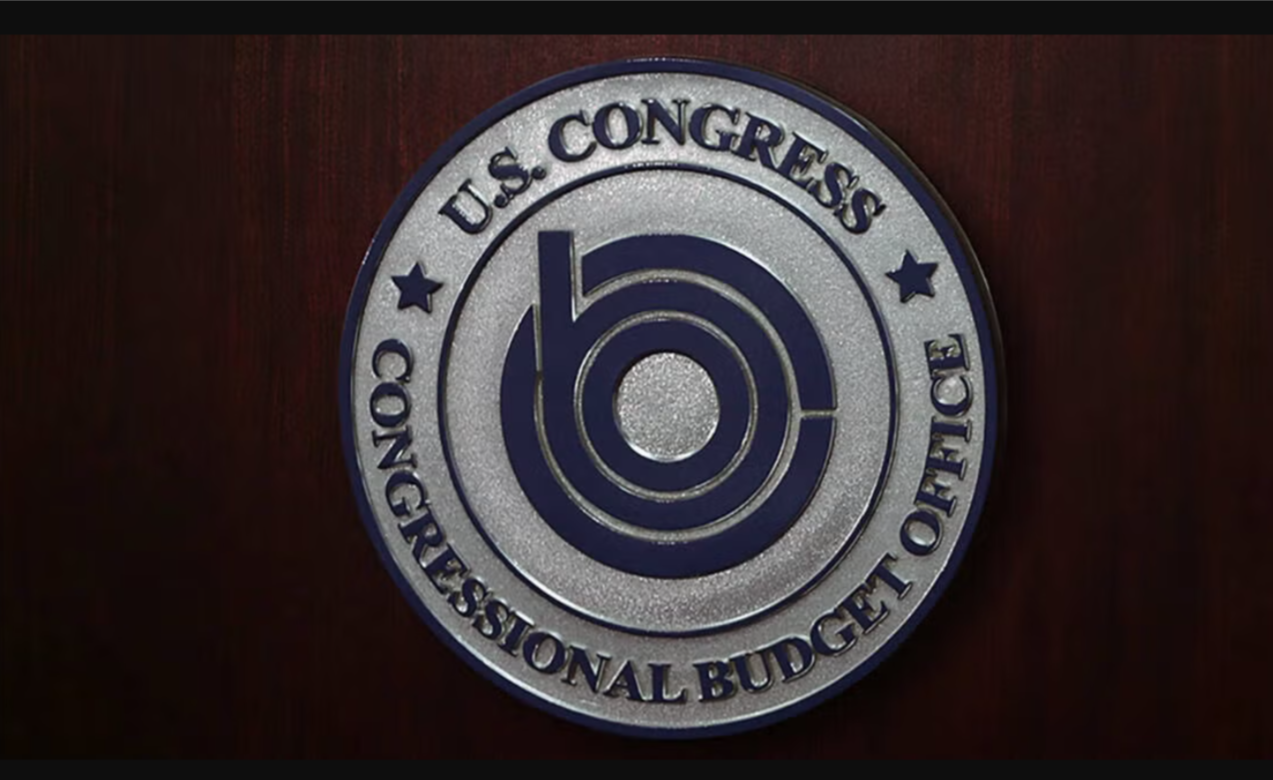(ThyBlackMan.com) This is Earl Ofari Hutchinson. I’m in Los Angeles’s Little Chinatown. Chinatown, if you will, because there’s nothing little around it and anything about it. Let me pan a little bit. As you can see, some of the businesses here, and I’m standing in front of one of the Golden Arches right behind me. As you can see, let me give you a panoramic shot. If you can see in the distance, looking off, you’ve got the Famed Dragons, the entrance to LA’s Chinatown.

I want to pan back again to some of the businesses here. Much myth-making about Trump’s territory. Now, as you know, Trump What he did was he paused the tariffs on many of the nations. But what he did not do, and this is really the name of the game, China, China, China. He did not only not only pause a tariff on China, he slapped another on all China imports over 105%. That’s a heavy duty tariff. China retaliated with their own reciprocal tariff. Of course, they’re going to do that. As we walk through Chinatown, let’s talk about much mythmaking about Trump’s tariffs and why and what the implications are and where we go with this in the future.
In terms of China and the US relations. First of all, we know China is the number one global competitor of the United States. It’s Number two, it’s economy. It’s actually been on a rampage the last few years with some ups and downs. I can talk about that because I spent three weeks touring, back then, the People’s Republic in China. As a matter of fact, it marks the 50th anniversary of my return back to the past, looking at China in its place in the world. I talked then with many officials, many experts on history, culture, but most importantly, political and economic development, and how they saw it going into the future, and they were right on point. That was Miles China then, but they knew there was going to be an industrial China in the future, a marketing and manufacturing China, a financial China in the future. That would be a legitimate, not only global player, but global competitor, even rival to the United States, with the exaltet number one status as the financial and economic engine of the world. All right, number One, imports from China. Let’s be clear. Yes, there is a trade surplus, a big one.
China imports about 440 billion in 2024, manufactured goods to the United States. Con Diversely, the United States exported to China about 145 billion in goods and services and products. So on the surface, yeah, there is a trade imbalance, a lopsided imbalance. But the first thing that we need to is the imports that come in, American consumers want them. Second thing is they buy them. The third thing, American consumers pay less because they’re cheap manufactured compared to what could be done and manufactured here.
The fourth thing is the imbalance is not quite the imbalance, trade imbalance and surplus that China has, it seems. Remember, there are many companies, including Tesla and other entities, American entities in China, and they’re protected, so they’re not paying a tariff there, so they’re profiting, too. The third thing is, back to the goods. There would be no market for Chinese goods. I don’t care if it was a trillion dollars unless there was a consumer, and is a consumer, need and demand for them right here in the United States, namely a market for Chinese imports. A fourth thing that we need to understand about China in terms of much myth-making about terrorists, it’s a global powerhouse, an economic engine.
If the US shut down tomorrow, all imports, not taxing, not duties, not territory, but shut them down. The fact of the matter is, you have hundreds of other countries that want and would take Chinese imports, and they would be available, including the European Union, including Mexico, including Canada, and needless to say, just about every third world country. When you’re talking about that, that brings me to number five. This is and will be a tremendous disruption of the global economy. By that, I mean any continuing trade war, terror war with China.
You have the battle of two giants here that control the flow of good services, and most importantly, finances globally, to have them at loggerheads, to have them essentially down in markets, down in manufacturing markets and the financial markets, and the financial markets With the trade and tariff going back and forth war, that does nothing for the global economy. As a matter of fact, what it does, it destabilizes that. It destabilizes markets in this country. I’m talking about the financial markets, the bond market, the stock market, as we saw, and even in China, there’s a destabilization in terms of their short- and long-term manufacturing dominance and emphasis in continuing the evolution and development.
I saw all the makings of that 50 years ago when I spent three weeks touring China with an artist and writer’s delegation and got a chance to interface, interact, network with Chinese officials at all levels, but especially at the economic development level. I saw then where this was going with China in the future. You didn’t need a crystal ball as I talk with the officials in many, many cities, Shanghai, Beijing, Canton, and many of the smaller cities and towns that we went to, we visited a number of factories, back then, communes, farms, and of course, the education and historic facilities, colleges, universities, and museums.
It was really a grounding on Chinese culture, but more importantly, a grounding on where China would be a half century from now in terms of who being a number one competitor, if not the number one, when it comes to trade, finance, and interrelations, political relations with the United States. We have now a situation much myth-making about Trump’s terrorists, what he thinks they will do and what they won’t do in terms of what China will do and how they can respond. Once again, I’m in Chinatown, walking, talking, thinking, reflecting on 50 years ago, one of the experiences of a lifetime I had in China, in evolving China then.
A China that was on the cusp of being, even then, a half century ago, the global power that we see today. Much peril in what the US is doing, specifically, Trump is doing in terms of fracturing and disrupting not only economic and political relations with China, but also economic and political destabilization globally. It has many, many serious consequences that we may rule going down the line. Once again, Earl Ofari Hutchinson, live from Chinatown in LA. Much mythmaking about Trump’s tariffs vis-a-vis China. Thanks again for joining me.
Written By Earl Ofari Hutchinson
One can find more info about Mr. Hutchinson over at the following site; TheHutchinson Report.
Also feel free to connect with him through twitter; http://twitter.com/earlhutchins

















The Tarrif will make America stronger and successful. Just wait and see.
Indeed, it will take a while and we will notice a slight strain in our American economy but at the end these other nations will buckle and bend the knee to Donald Trump; More so, these tariff are going to bring companies, manufacturers and businessess back to America which in turn will create more job for low income people which include more jobs for our young black boys that are waling down the street with saggy pants and no jobs becasue the demcrats under Biden and Karmala allow millions of illlegal migrants into our country who then took all the low skill level jobs and benefits away from our Black communities.
Yes, i am happy for the tarrif and lets see how racist white people cry a river while our communites will reap the benefits of Donal Trump tarrif in the long run.
Black Power my brothers and Sisters